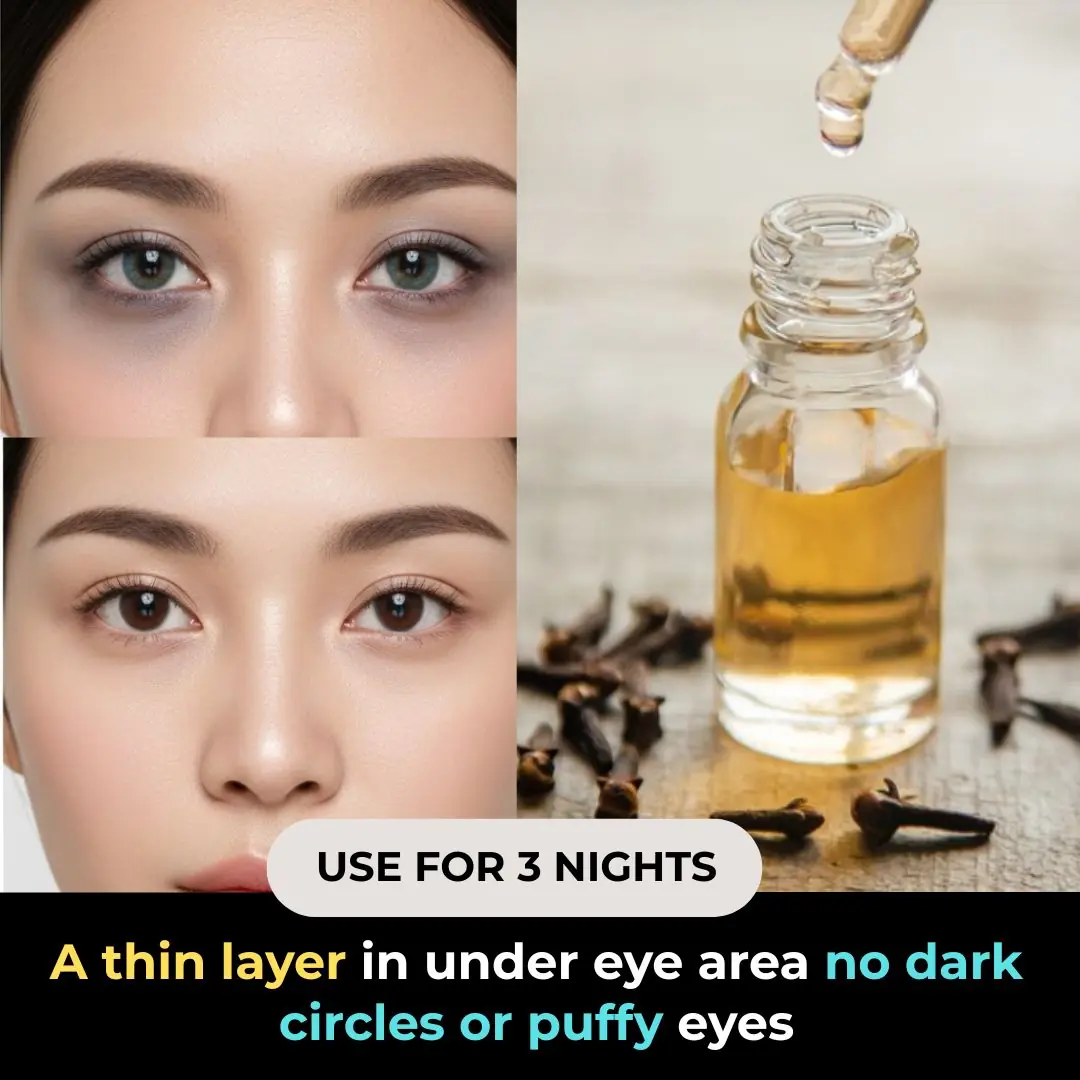
MISTAKE #1 WHEN CHEWING CLOVES (YOUR HEALTH IS IN DANGER)

Cloves have been treasured for centuries—not only as a spice that adds warmth and depth to food but also as a natural remedy for toothaches, digestion, and even boosting immunity. Today, many people chew cloves as a quick home remedy for bad breath or stomach discomfort. But here’s the catch: using cloves the wrong way can do more harm than good.
Recent studies show that while cloves are rich in antioxidants and beneficial oils, improper use can lead to mouth irritation, digestive issues, and even liver problems. In fact, chewing cloves incorrectly is one of the most common mistakes people make when trying to tap into their health benefits. In this article, we’ll uncover the number one mistake people make when chewing cloves, what the risks are, and how to use them safely to protect your health.
What Makes Cloves So Powerful?
Cloves come from the dried flower buds of the Syzygium aromaticum tree and are packed with active compounds. The most important is eugenol, an essential oil that gives cloves their distinctive aroma and potent medicinal properties.
Health benefits of cloves include:
- Natural antiseptic for oral health
- Improves digestion by stimulating enzyme secretion
- Contains antioxidants that fight oxidative stress
- May support liver health in small amounts
- Acts as a mild pain reliever for toothaches and sore throats
Sounds like a super spice, right? Yes—but only if used the right way.
The Biggest Mistake: Chewing Too Many Cloves at Once
Many people believe that “more is better” and chew multiple cloves daily, thinking they’ll get faster results for digestion, immunity, or fresh breath. Unfortunately, this is a dangerous misconception.
Why it’s risky:
- High concentration of eugenol: Excess eugenol can irritate the mouth lining, cause throat burning, or upset the stomach.
- Liver toxicity: Large amounts of eugenol are linked to liver damage in both animal and human studies.
- Increased bleeding risk: Eugenol slows blood clotting, so overuse can be risky for those taking blood thinners or preparing for surgery.
- Allergic reactions: Some people may develop rashes or swelling from clove oil residue.
Bottom line: Chewing too many cloves is not only uncomfortable but can put your overall health in danger.
How to Chew Cloves Safely
If you want to enjoy the health benefits of cloves without side effects, moderation and technique are key.
Guidelines for Safe Use:
- Stick to 1–2 cloves per day – enough to freshen breath and support digestion.
- Chew gently, don’t crush too hard – this prevents an overwhelming release of eugenol.
- Spit out the woody residue – avoid swallowing the hard fiber, which can irritate digestion.
- Use after meals – cloves stimulate digestive enzymes and help reduce bloating.
- Avoid on an empty stomach – concentrated oils may cause nausea.
Safer Alternatives to Excess Chewing
- Clove tea: Steep 2–3 cloves in hot water for a gentle digestive drink.
- Clove powder in honey: A traditional remedy for sore throats.
- Clove-infused oil: Apply topically (diluted) for toothache relief.
Who Should Be Extra Careful?
Not everyone can handle cloves safely. If you fall into any of these groups, talk to a healthcare professional before chewing cloves regularly:
- People taking blood thinners (like warfarin or aspirin)
- Individuals with liver conditions
- Pregnant or breastfeeding women
- Children under 12 (sensitive to essential oils)
- People with a history of allergies to spices
Everyday Tips for Using Cloves Without Risk
- Treat cloves like a supplement, not a snack.
- Balance with other herbs like cardamom, cinnamon, or fennel for digestive support.
- Always start small to test your tolerance.
- Use in cooking instead of raw chewing when in doubt—curries, teas, and broths deliver the benefits in gentler doses.
Conclusion
Cloves are one of nature’s most powerful spices—but chewing them the wrong way can backfire. The number one mistake is consuming too many cloves at once, which can put your liver, digestion, and overall health at risk. Instead, use cloves wisely: chew just one or two after meals, or enjoy them as tea for a safer, more balanced approach.
FAQ
Q: Can chewing cloves really help with bad breath?
A: Yes, clove oil has natural antibacterial properties that freshen breath, but limit to 1–2 cloves.
Q: Is it safe to chew cloves daily?
A: Yes, in small amounts (1–2 cloves), but avoid long-term overuse without medical advice.
Q: Can cloves cure gray hair or other health conditions?
A: No. While cloves are beneficial, they are not a cure-all. They should be part of a healthy lifestyle, not a replacement for medical treatment.
Disclaimer: This article is for informational purposes only. It does not replace professional medical advice. Always consult a healthcare provider before adding new remedies to your routine.
News in the same category


The Powerful Juice That Fights Anemia, Fatty Liver, and Blurry Vision Naturally

Remove Bad Odors from Your Refrigerator Overnight with These Simple Tricks

Castor Oil After 50: This Is What Happens After 7 Days Of Use!

Mix One Ingredient With Orange Juice To Flush Toxic Buildup From The Lungs

Drink one cup daily of this juice to UNCLOG arteries?

Just tried to stop my daughter from doing this

Found this weird skin on my son's ear this morning. Doc appt is a week away. What can I do?
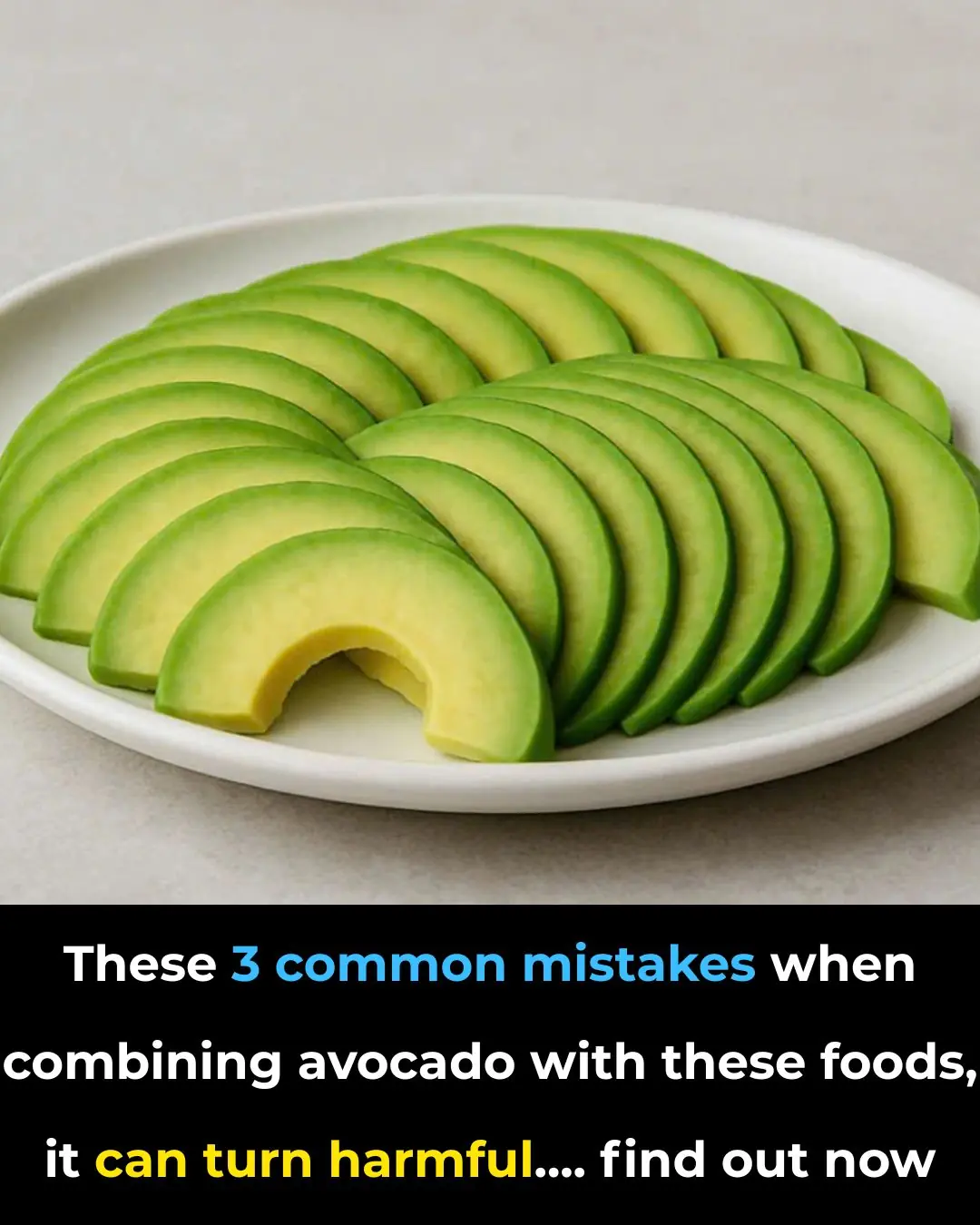
3 Common Mistakes People Make When Eating Avocados

Acid reflux natural remedy that works in minutes
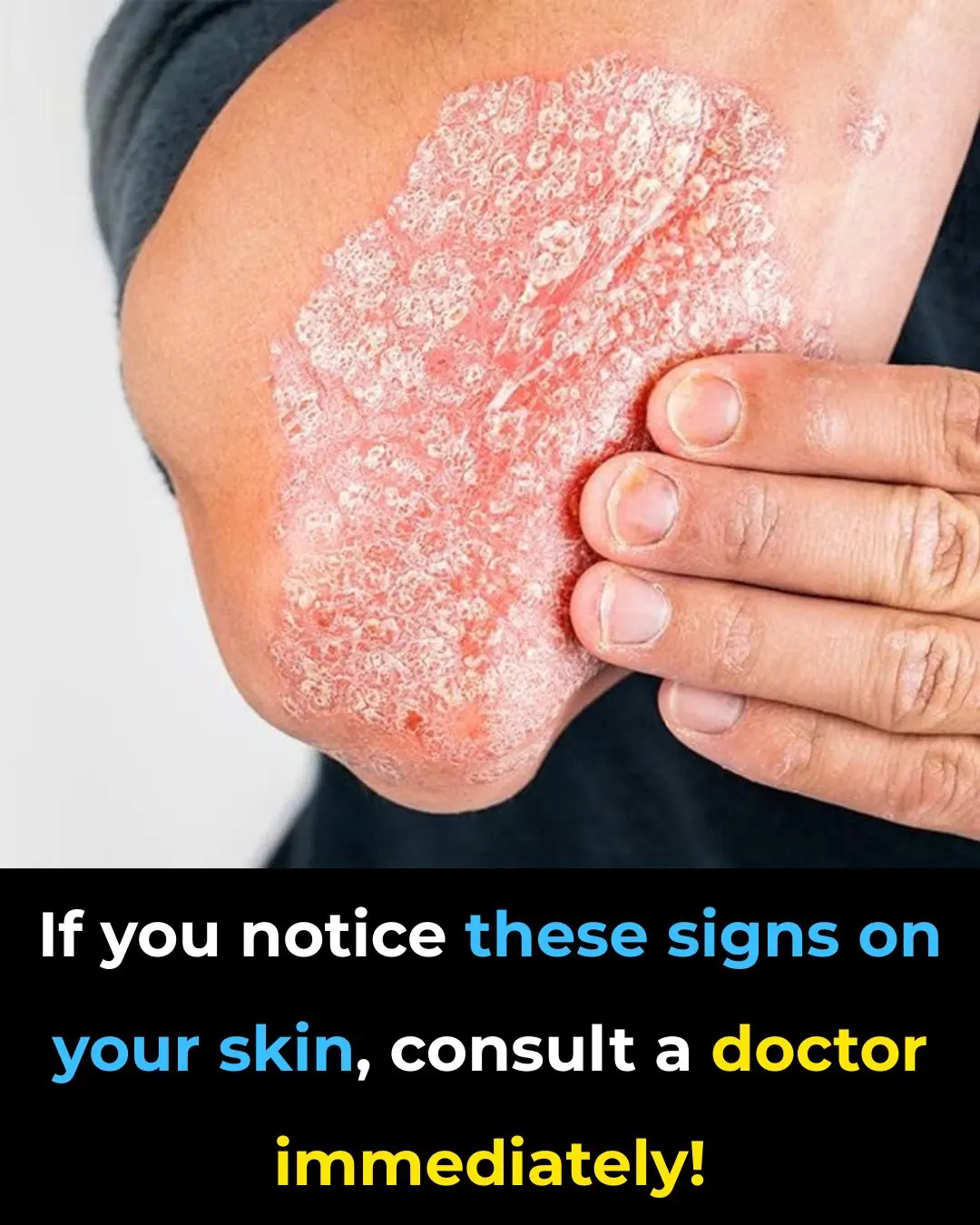
Warning Signs You Should Never Ignore on Your Skin

The 1-minute workout that’s up to 9x more powerful than your usual routine

Nine Year Study Finally Explains The Relationship Between Sugar And Cancer

7 essential vitamins every diabetic needs for nerve health

🧠 A Neurosurgeon Says Your Legs Could Predict Dementia Years Before Memory Loss

7 Best Foods to Rebuild Your Muscle Strength After 50

The B Vitamin Solution: How to Lower Blood Pressure When Medications Fail
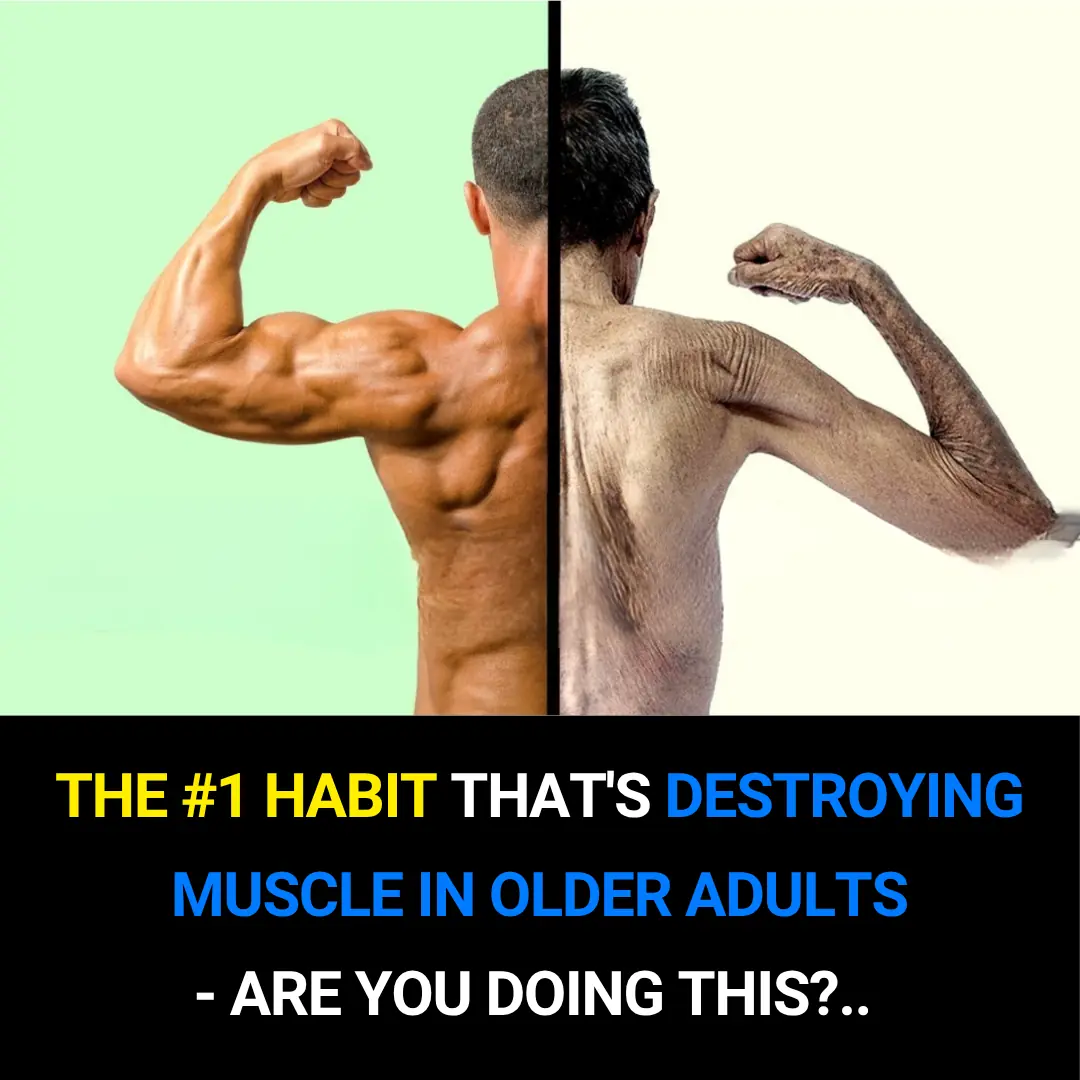
The #1 Habit That’s Quietly Destroying Muscle in Older Adults — Are You Guilty of This?

3 Warning Signs That Appear Days Before a Stroke Everyone Should Know to Prevent It
News Post

DIY Under-Eye Clove Cream for Dark Circles

Person 'sucked into plane engine' before takeoff dies in airport tragedy

The Powerful Juice That Fights Anemia, Fatty Liver, and Blurry Vision Naturally

Stop freezing these 10 foods

10 top types of house spiders & how to get rid of each one

These ideas are brilliant

10 top types of house spiders & how to get rid of each one
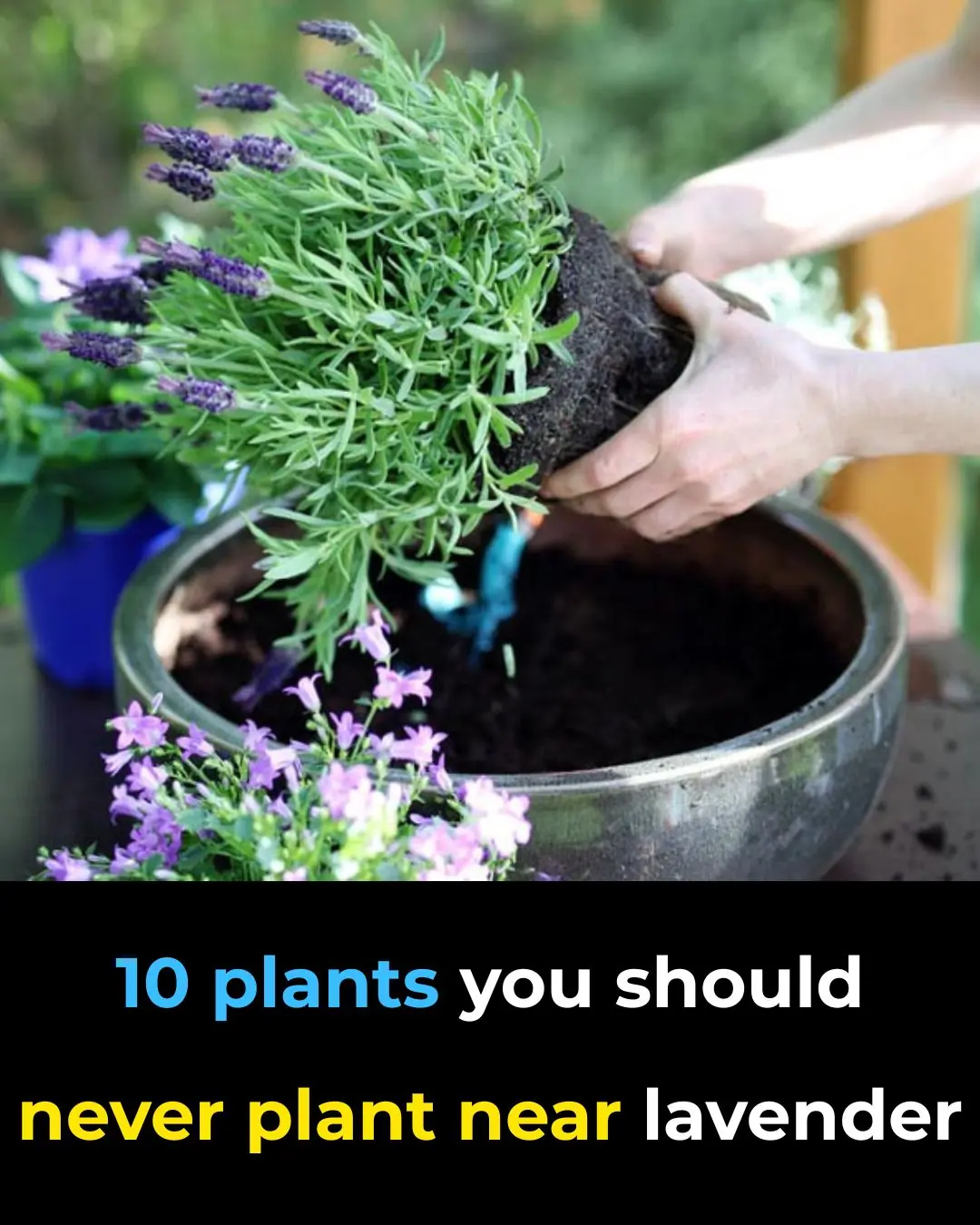
10 Plants You Should Never Grow Near Lavender

Plants You Should Never Grow Near Tomatoes

If You Spot This Snake in Your Garden, Leave It Be — Here’s Why It’s Actually Your Garden’s Secret Best Friend
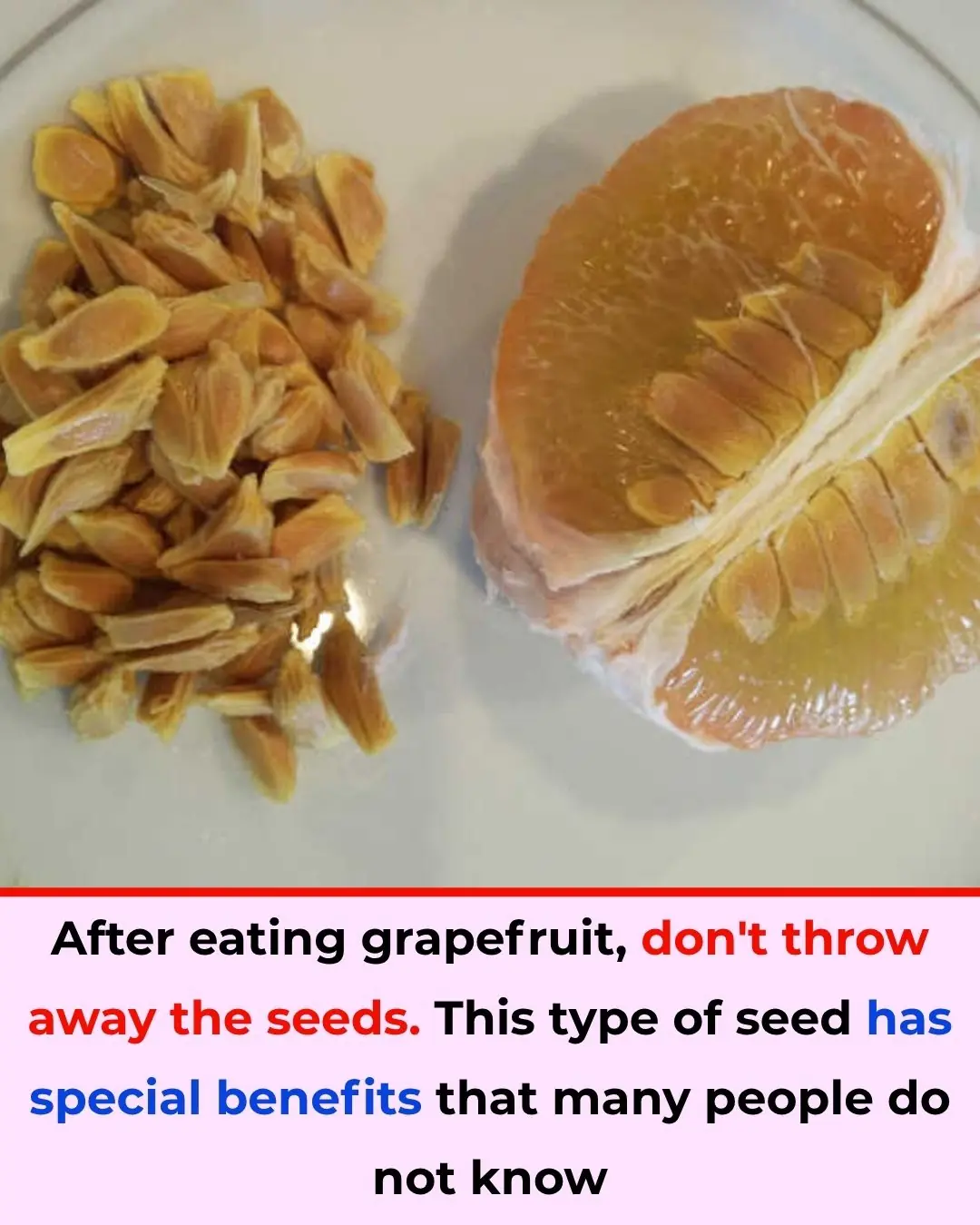
Don’t Throw Away Grapefruit Seeds – These Tiny Seeds Have Surprising Benefits

Sprinkle Salt Around Your Home on Rainy Days – It Sounds Strange, but the Results Are Amazing

Remove Bad Odors from Your Refrigerator Overnight with These Simple Tricks

Researchers Accidentally Capture Drone Footage of the Year: A Wild Bond Between Predator and Prey

Top 10 Herbal Teas That Actually Kill Cancer — Why Is This Being Hidden? | Healthy Care

DON'T IGNORE! Top 8 Warning Signs Of Blood Clots

Castor Oil After 50: This Is What Happens After 7 Days Of Use!

He Couldn’t Pull Her Out — So He Held Her Hand.

Mix One Ingredient With Orange Juice To Flush Toxic Buildup From The Lungs
